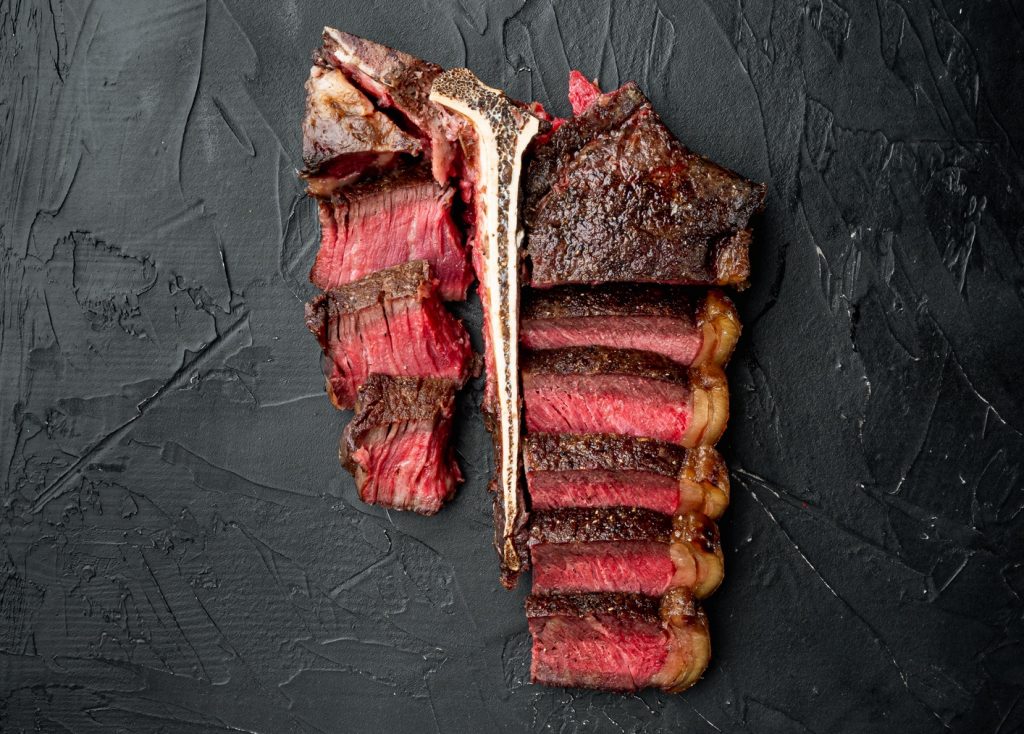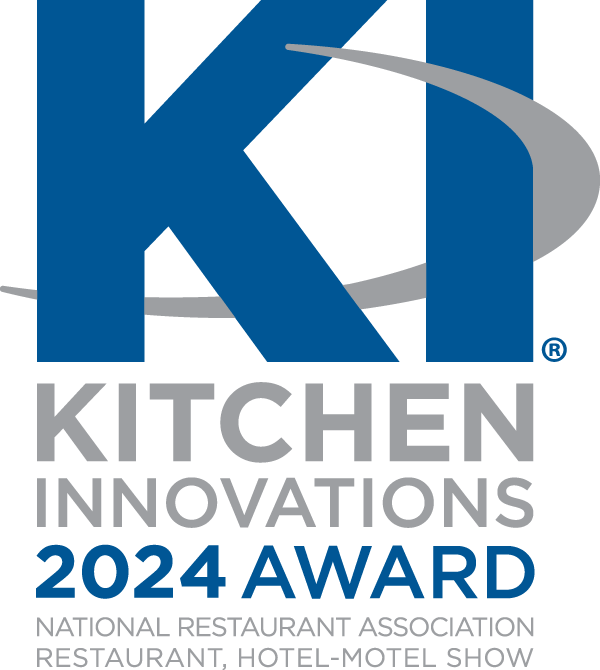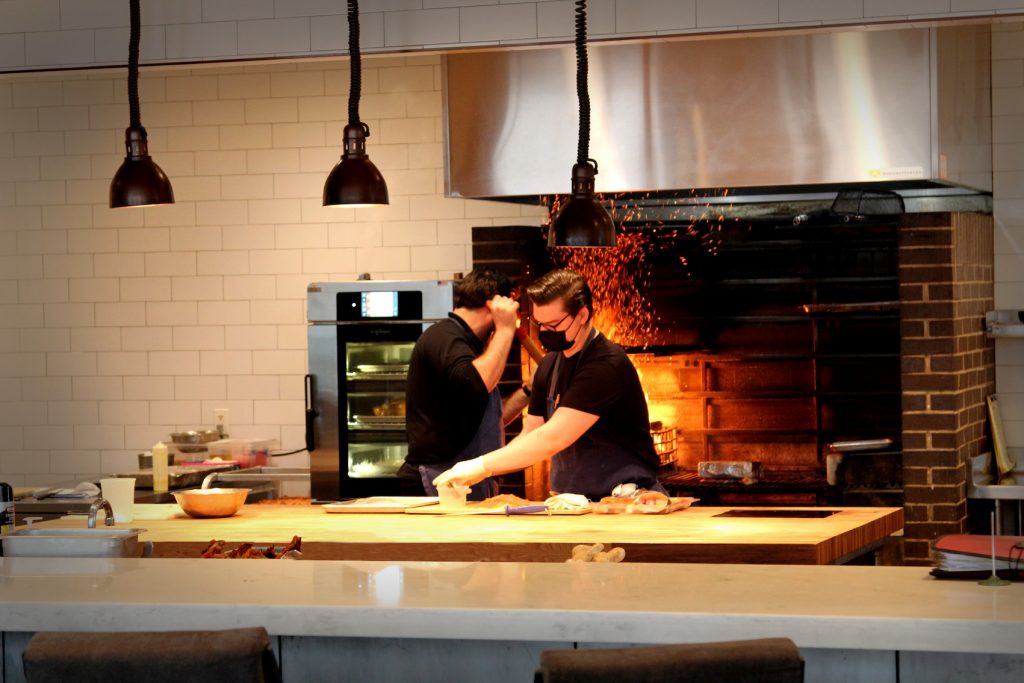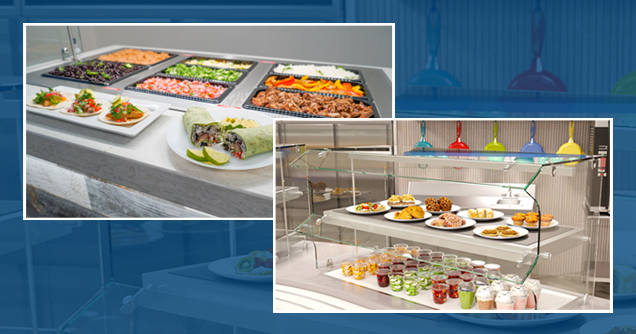
During Britain’s industrial revolution – as automation was becoming commonplace in textile factories that had previously employed hundreds of workers – a figure emerged to lead disgruntled former employees in a revolt against the machines that were taking their jobs.
Ned Ludd’s modus operandi was to render the machines useless, often by the application of a hammer. So synonymous was Ludd with the march against progress, that even today we are familiar with the term Luddite to refer to anyone unwilling to embrace new technology. Despite the ultimate failure of his campaign, Ludd was an influential figure whose philosophy continues to the present day.
Except, he wasn’t. Not only was Ludd’s campaign a failure, it’s also certain he didn’t even exist. Instead Ned Ludd, like Robin Hood or the Wizard of Oz, was a fictional character: a figurehead around which angry textile workers could rally in their doomed efforts to keep machines from taking their jobs.
I mention Ludd because, if prophetical analyses are to be believed, technology, automation and machines are sweeping through the hospitality profession.
Much has been made of Sweetgreen’s multi-million-dollar acquisition of Spyce – a restaurant established by three MIT graduates that boasts the world’s first fully automated cookline. Cookware companies are becoming increasingly hard to differentiate from tech companies, as more pieces of kit boast automated features that – if they are to be believed – do away with hiring an actual human to turn raw ingredients into edible dishes. Ovens can be programmed with hundreds of thousands of recipes, blenders are capable of replacing a commis chef, and fully automated thermometers can upload enough HACCP data to keep even the most diligent health inspector happy.
Back and front of house
These developments aren’t confined to the kitchen, either. For many restaurants, the booking process has moved online, thus removing the need for a dedicated reservationist, and for establishments that specialize in takeout food, the shift has been even more profound and rapid. The global pandemic didn’t create the necessity for these advances, but it did hasten their adoption and allowed businesses to pivot with startling rapidity (in my own case it took less than a week to transform from dine-in to takeout – a shift that would have taken far longer had the infrastructure not been in place already). Clearly, the future is already here.
But what is the human cost of this revolution? Can we expect cooks, kitchen porters and wait staff to seek inspiration from their factory-based forebears, arm themselves with blunt instruments and start sabotaging Thermomixes and pizza dough ballers? And if so, surely it will be for naught. History has proven that marching against progress is as effective as holding back the tide. More workers are replaced by machines – machines that don’t require health insurance, take sick days or demand a fair wage.
We are still a long way from machines replacing skilled labor. Instead, where machines have been adopted – and have excelled – is in taking on the mundane tasks and freeing up chefs’ time for more creative endeavors. This is nothing new. Bee Wilson’s wonderful book Consider the Fork deep dives into the readiness with which cooks have embraced labor-saving technology through the ages, whether that was an automatic spit-rotating device, or a heated blender that makes perfect emulsified sauces.
For management too, automation of the booking process has freed front-of-house teams from the tyranny of a constantly ringing telephone or an incessant stream of emails and booking requests. No one yearns for a return to that drudgery.
The secret chef




